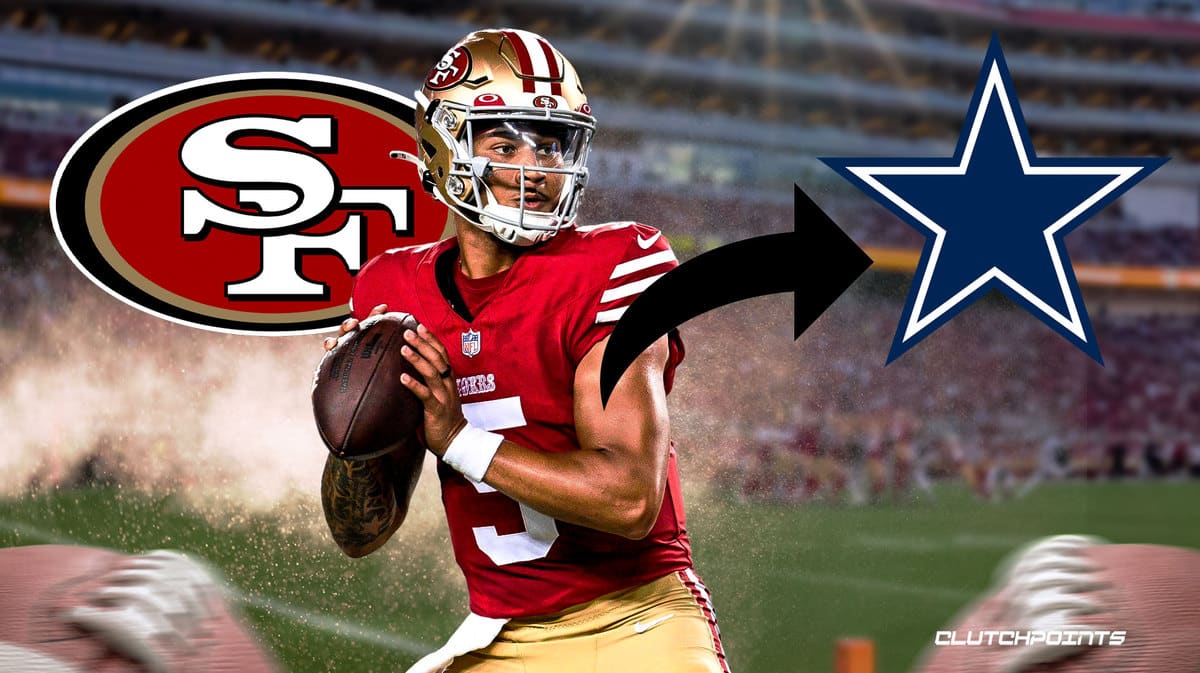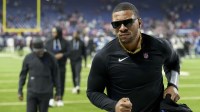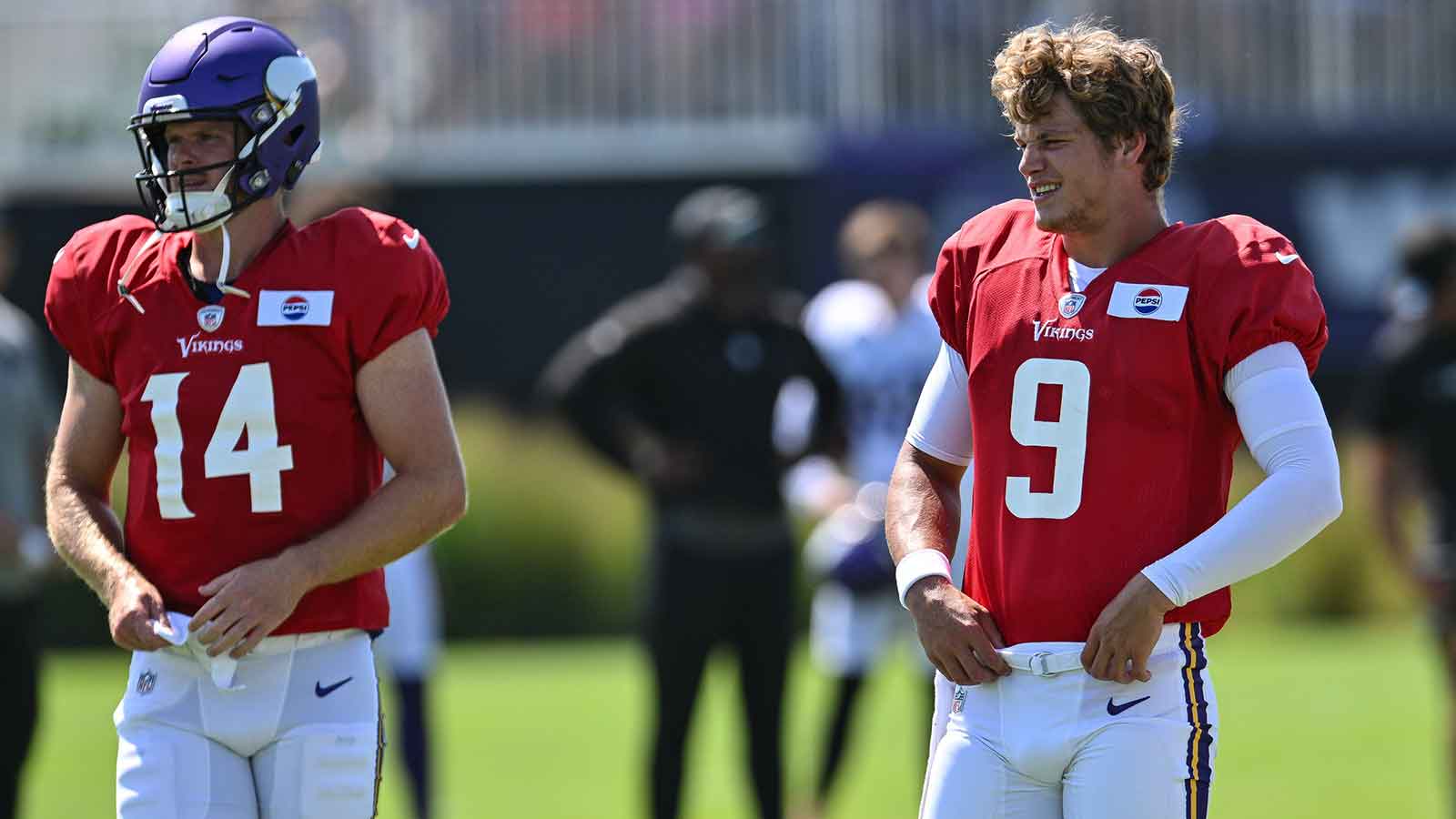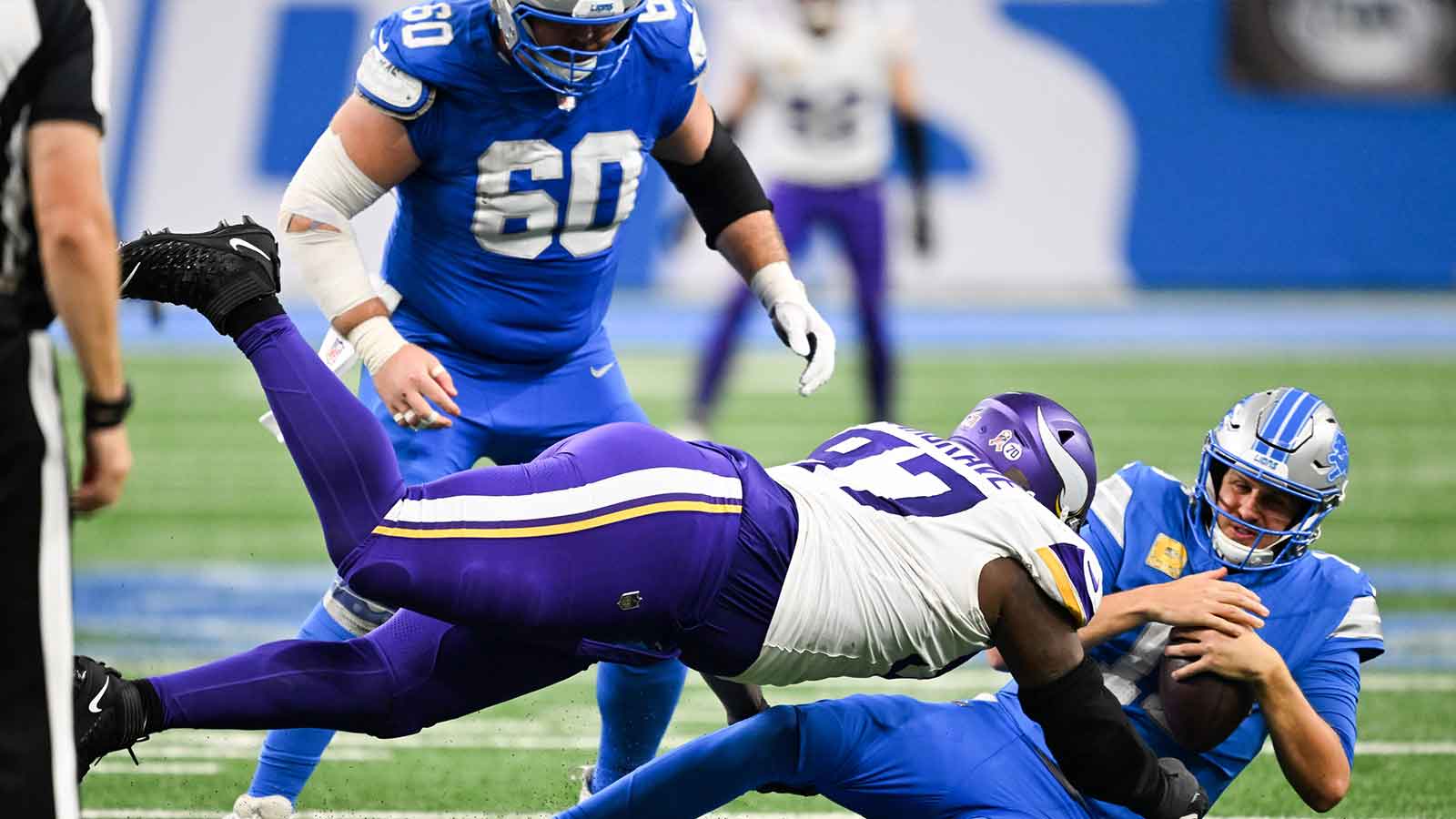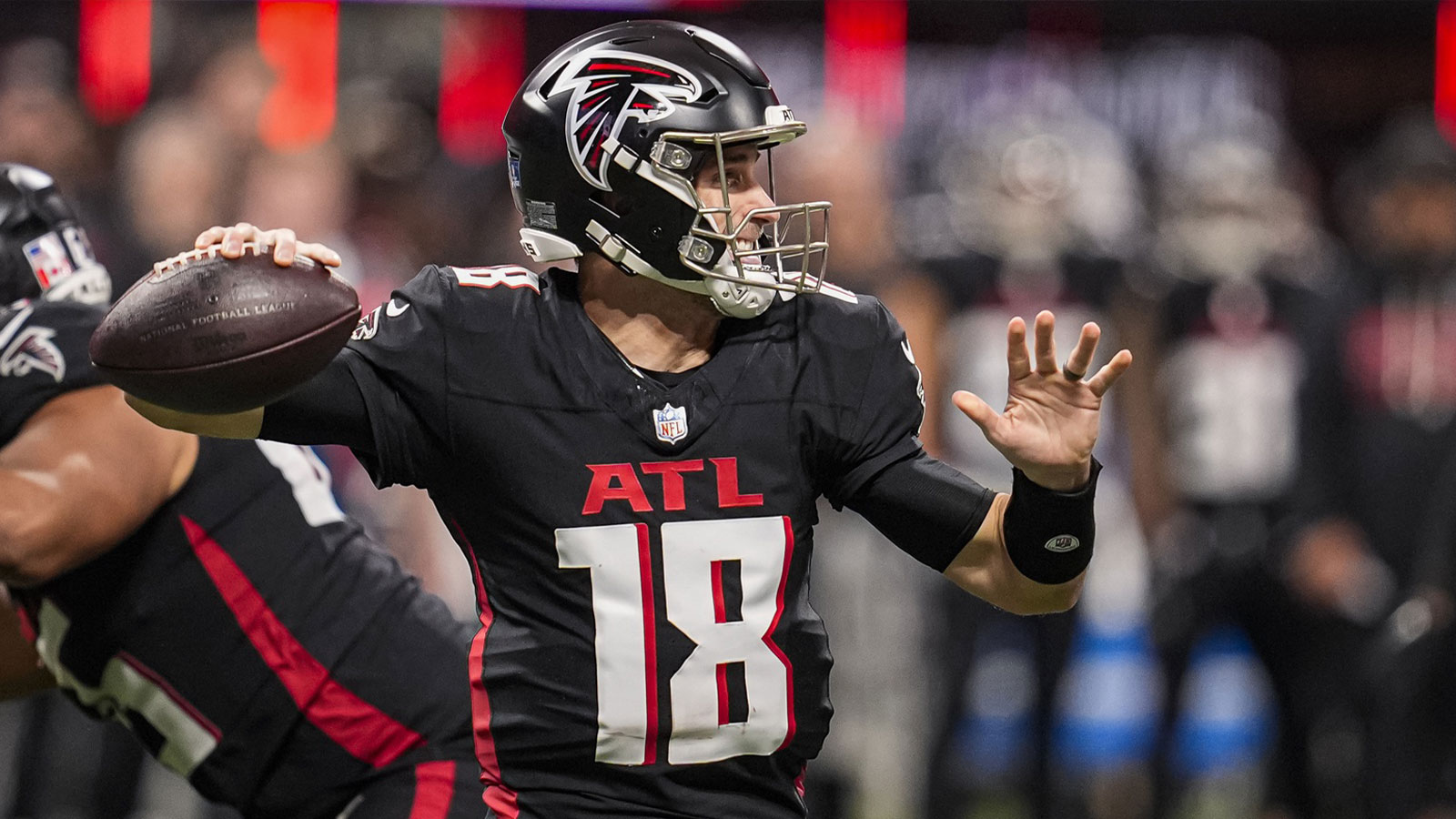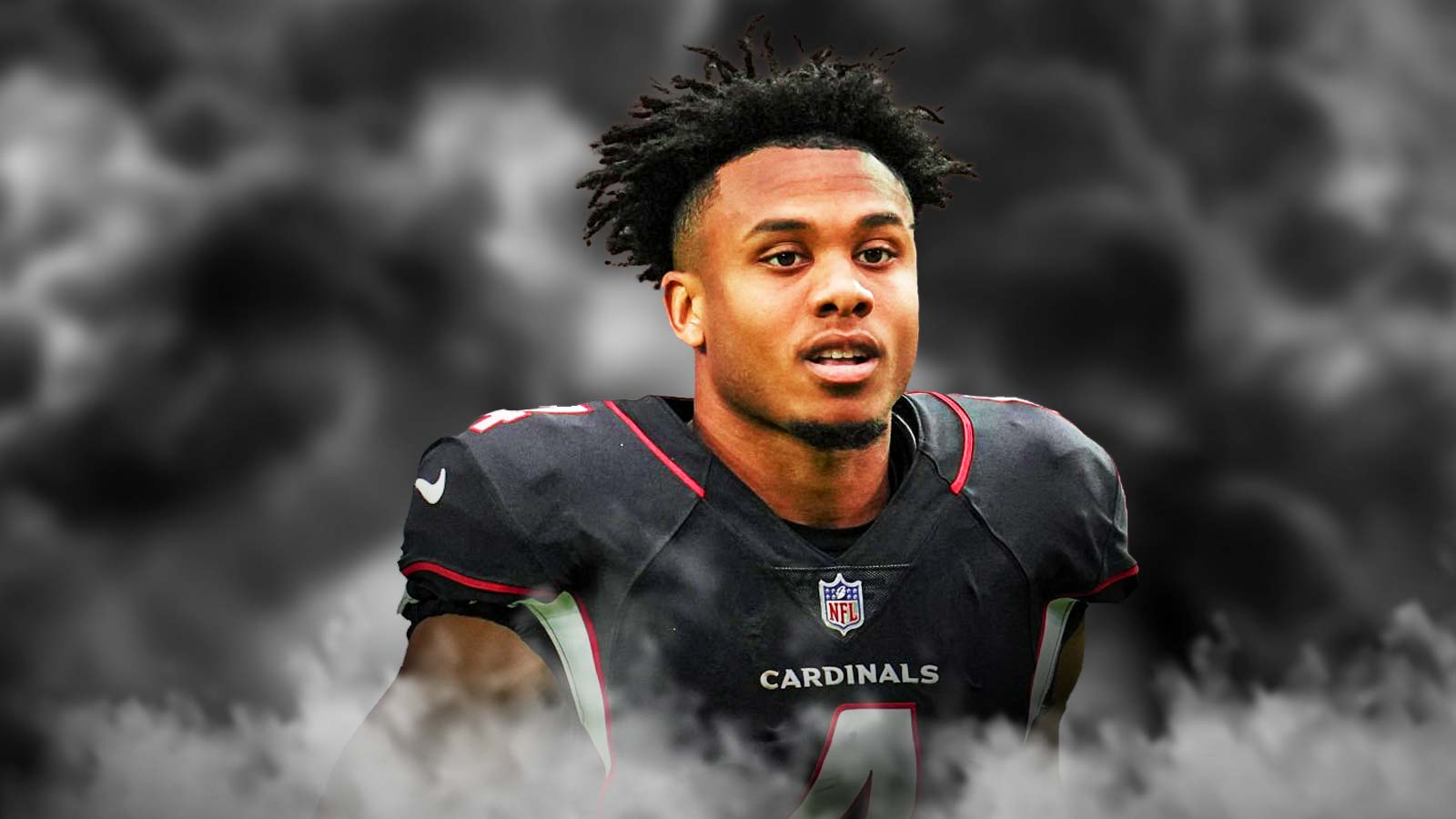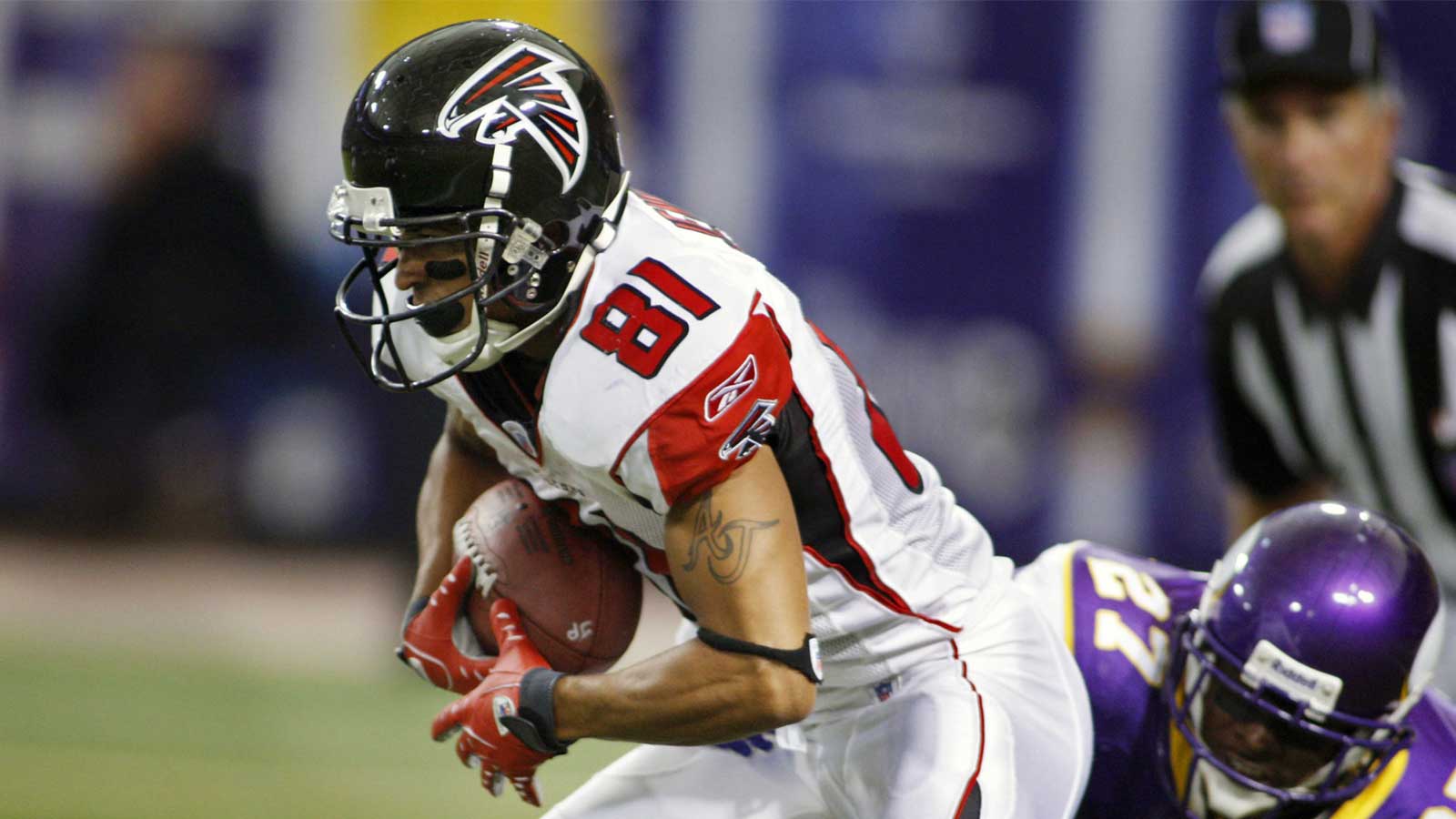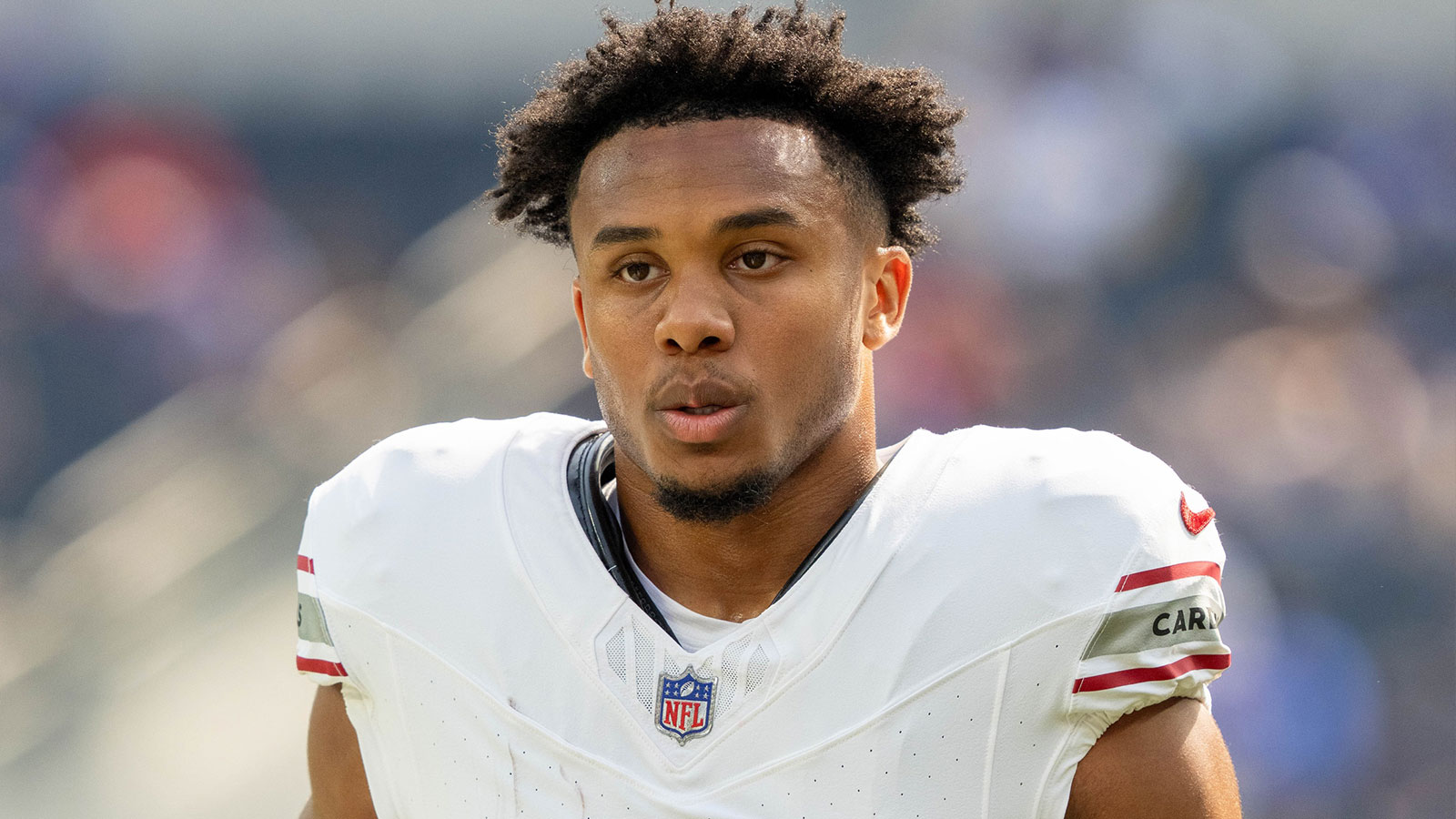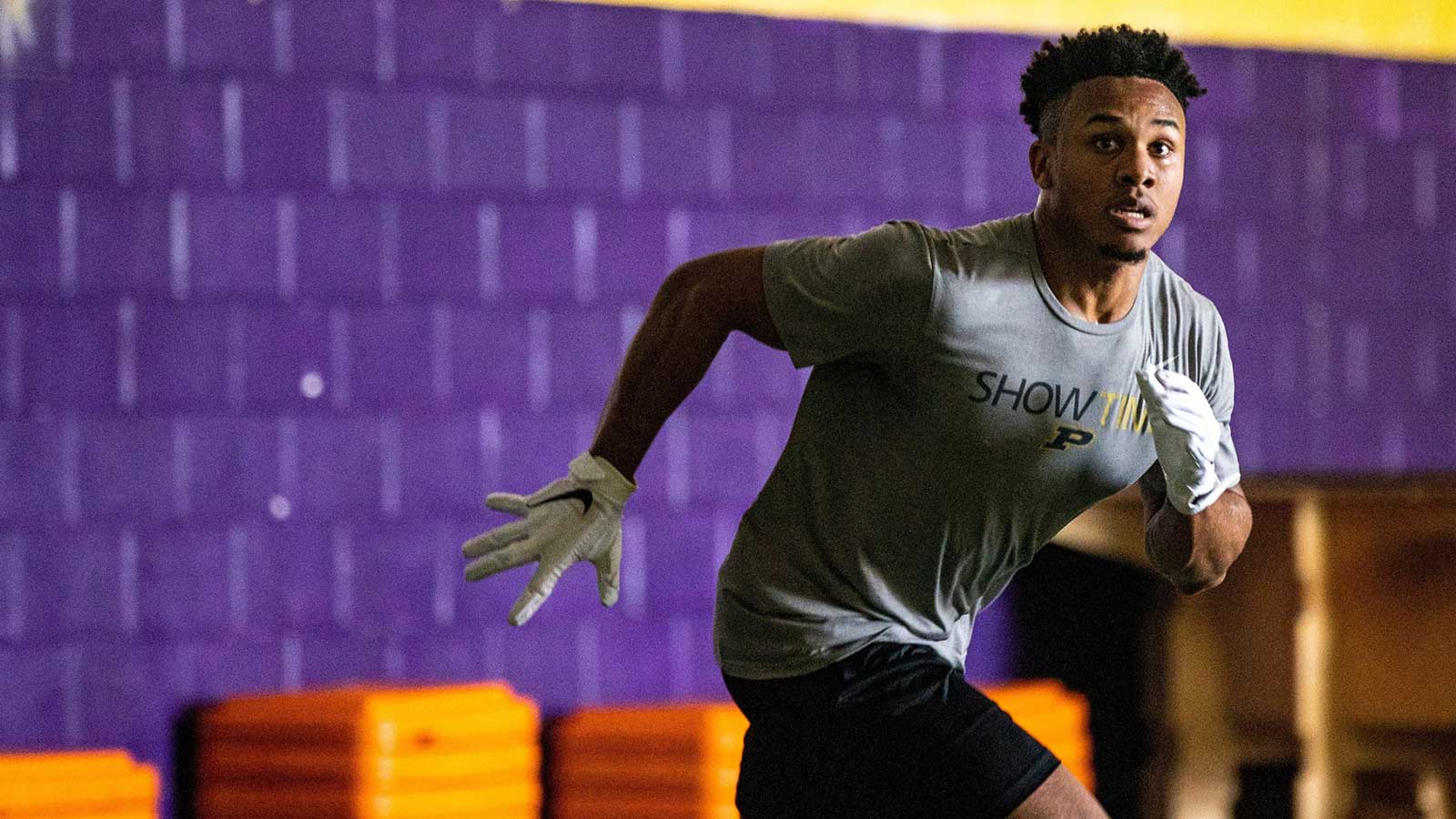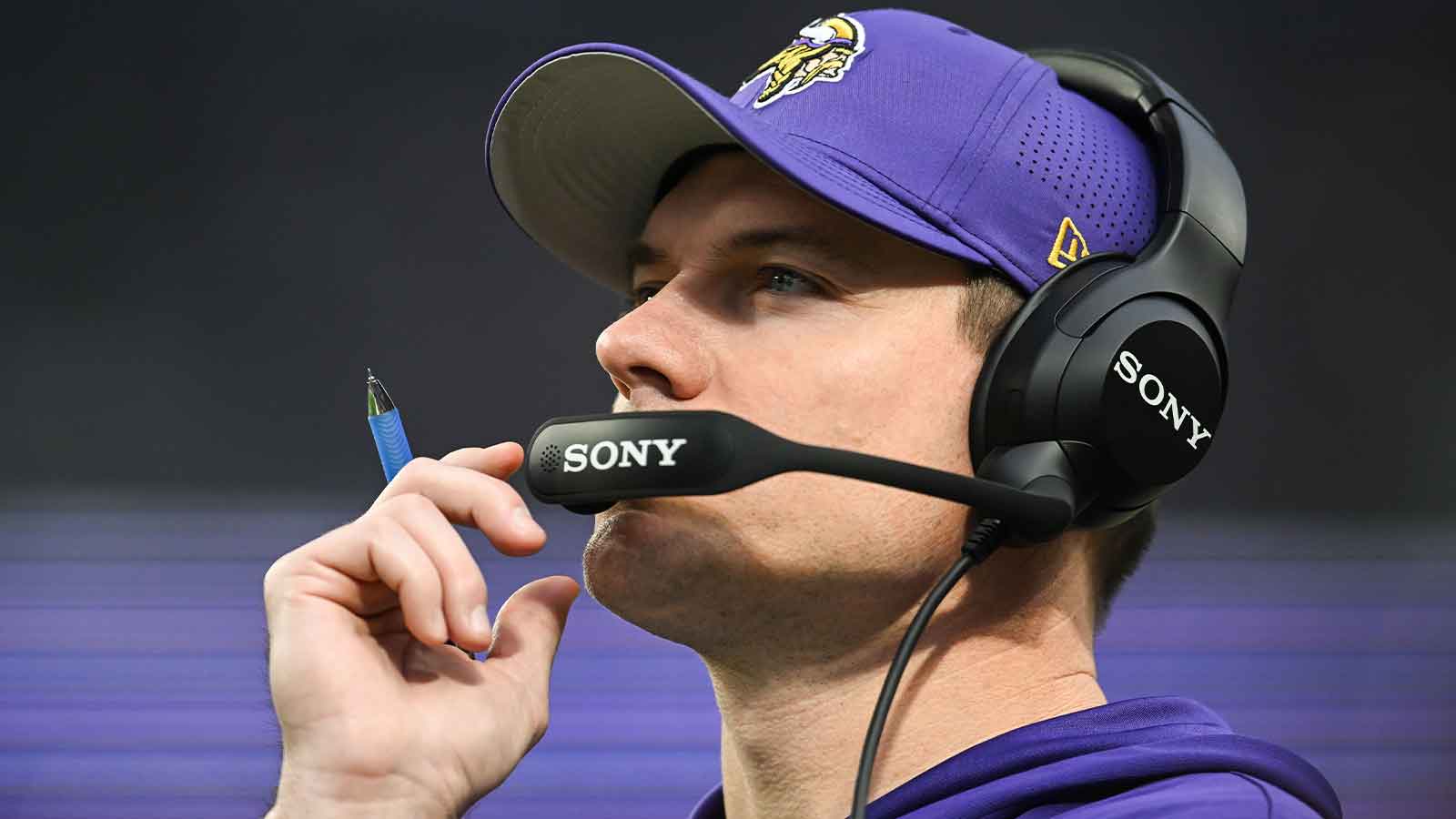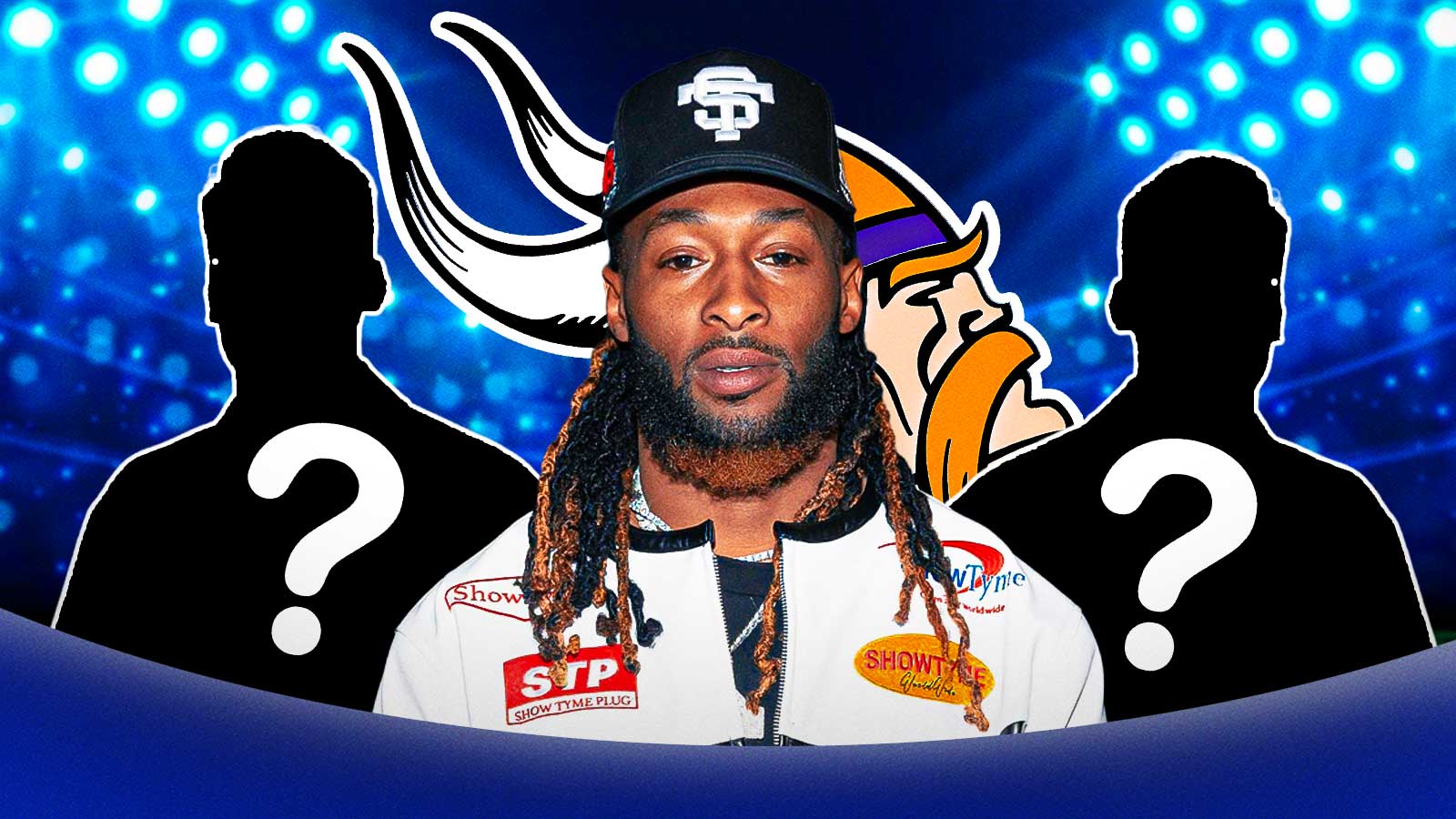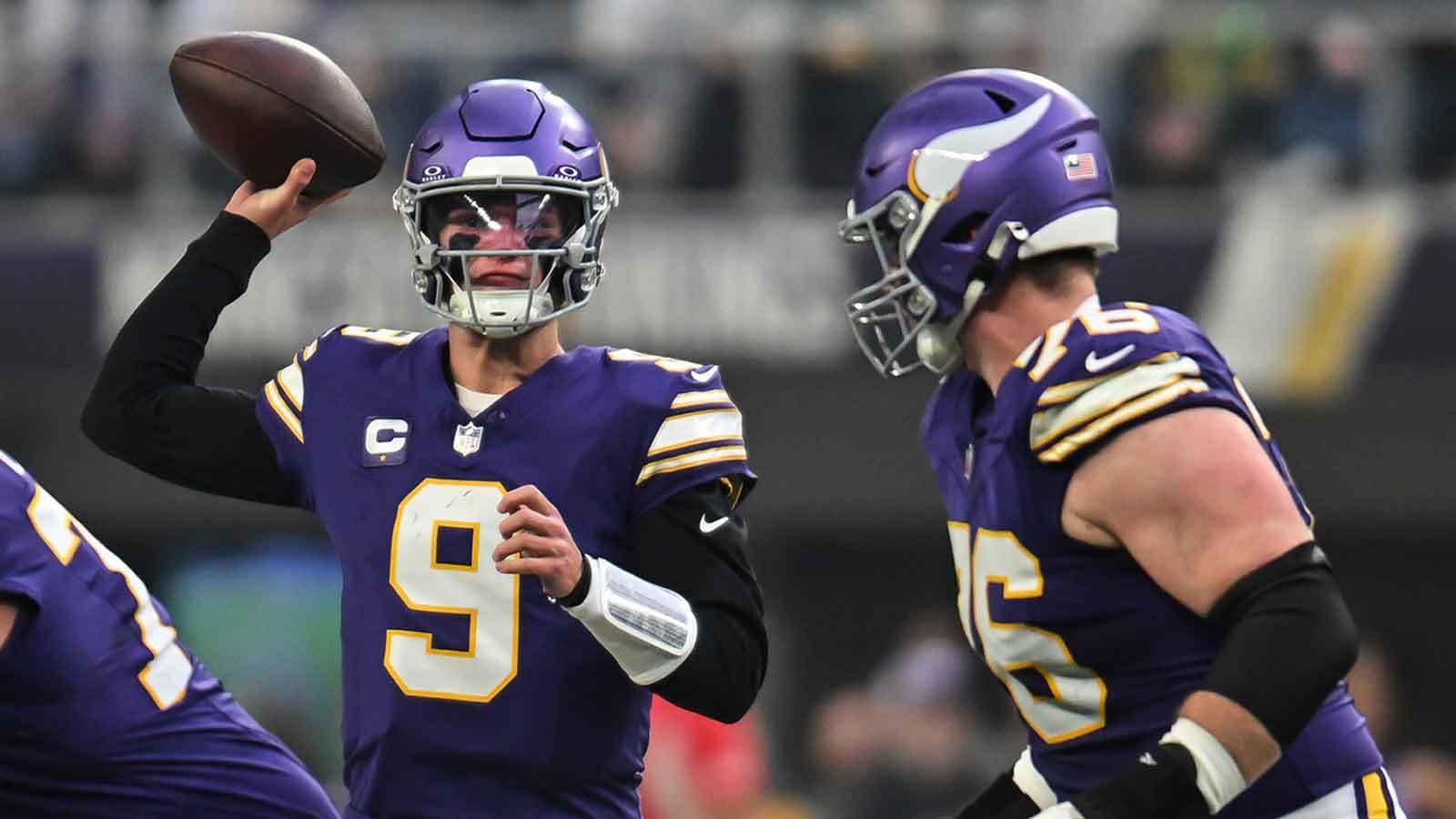What makes an NFL trade one of the worst in history? It can't just be each side getting uneven returns because no transaction is ever fully equal. I'm inclined to be more forgiving of trades that end up as lopsided due to an injury after initially looking good, as that isn't a direct consequence of the exchange of resources the teams partook in. So, Washington trading up for Robert Griffin III won't be on this list even if their organization is responsible for ruining that situation in other ways. Additionally, John Elway leveraging his way out of Baltimore won't make this list either. The Colts lacked the bargaining power to recoup much for their loss. However, I am less inclined to be forgiving of huge wastes of resources. Those decisions are less likely to work out and can put franchises back years. And many of them did. Here are the ten worst trades in NFL history.
10. Trent Richardson for a first-round pick
The Cleveland Browns' original trade to move up one spot for three picks to take Trent Richardson likely would've earned a spot on this list if they couldn't get back a bit of their value. Trent Richardson lies deep in the middle of a laundry list of Browns draft busts. The number three overall pick only played three years in the league, and after a solid 2012 rookie season, he was dealt to the Indianapolis Colts for a first-round pick. Richardson rushed for precisely 27 yards more in Indianapolis than he did during that rookie season in Cleveland across the better part of two years. He was out of the league by 2015.
9. Four picks to move up to pick #2 (Mitchell Trubisky)
The Chicago Bears thought they had their guy for the future in Mitchell Trubisky. And credit to them, they put their money where their mouth was. However, they were wrong. The Bears swapped second and third-overall picks with the San Francisco 49ers to take Trubisky, in addition to two third-round selections and one fourth-rounder. Trubisky had some good moments, but the Bears waved the white flag on this one when they declined to pick up his fifth-year option. Patrick Mahomes going later in the first round of that 2017 draft won't make Bears fans feel any better. Trubisky has found a role as a serviceable backup, but he wasn't the guy the Bears hoped he would be.
8. Randy Moss for a fourth-round pick
Getting a fourth-round pick in exchange for a player about to put up this three-year stretch of numbers feels terrible. The fact that the Oakland Raiders gave up a ton to get him in the first place only makes it worse. But Randy Moss and the Raiders just weren't meant to be. The team and their star never gelled, whether it was injuries, motivation, or chemistry. Whatever the reason it didn't work out, the Raiders pulled the plug less than two full seasons after acquiring Moss for the number seven pick in the 2005 NFL Draft, LB Napoleon Harris, and a seventh-round selection. That kind of value lost so quickly after the initial trade is already bad. But the fact that he went to the New England Patriots and immediately set the world on fire is just an insult to injury.
7. Jerome Bettis for a second and fourth-round pick
There is good value to be found in second and fourth-round draft picks. There is not typically value equivalent to the prime of a Hall of Fame running back available, which is what the St. Louis Rams gave up to the Pittsburgh Steelers in return for those two picks. In this case, the justification for the trade also helps it land on this list. The Rams had recently moved, changed coaching staff, and implemented a new offense that limited Bettis' effectiveness. So he was traded, went to Pittsburgh, became an immediate All-Pro, finished top five in MVP voting his first two seasons in Pittsburgh, rattled off six straight 1000-yard seasons, and was signed as the highest-paid Steelers player in team history. Sometimes, the best path to success is as simple as giving your best playmakers the ball more.
6. Brett Favre for a first-round pick
Yikes. This one lands in the “franchise-altering” tier of what-ifs for Atlanta Falcons fans. In hindsight, it all looks so black and white. The Falcons were solid in the early 1990s and even made it to a Super Bowl in 1998. Would they have won a Super Bowl with Favre under center? Who knows, but it absolutely would've been a possibility. Of course, any meaningful exploration of the trade's context reveals that it wasn't so simple. The front office and coaching staff couldn't agree on Favre, and his partying and personality were not great fits for Atlanta, which could have only brought out the worst in him. But it hurt to see him go off to Green Bay and win three straight MVP awards and a Super Bowl on his way to cementing himself in the upper echelons of all-time quarterback greats.
5. Three first-round picks for pick #12 (Trey Lance)
This is the most recent official entry to this list. With the 49ers moving Trey Lance to the Dallas Cowboys, this trade is officially done as far as San Francisco is concerned. In 2021, the 49ers were looking for their guy when they traded three first-round picks and one third-round pick to move up to pick number three for Trey Lance. Since then, Lance has failed to rise up the depth chart, falling behind first Jimmy Garoppolo, then Brock Purdy, and now even Sam Darnold in the backup spot. The only way this could get worse and even more wasteful for San Francisco is if Lance develops in Dallas and becomes a star. Especially considering that the Cowboys ended up in the 49ers' original slot and scooped up Micah Parsons.
4. Steve Largent for an eighth-round pick
There aren't even eight rounds in the NFL Draft anymore, so you know this one is bad. The Houston Oilers selected Largent in the fourth round of the 1976 NFL Draft and traded him during camp to the Seattle Seahawks. Steve Largent would set nearly every individual receiving record in the book during his career and retire as one of the best wide receivers of all time. We'll never know what precisely the Oilers saw in Largent that caused them to give up on him before he took the field for them, but even today, trading a rookie during training camp for a lower-round pick would be pretty out of the ordinary.
3. Steve Young for a second and fourth-round pick
It's another terrible quarterback trade, although this one more resembles the Brett Favre one than the Trey Lance one. Steve Young spent his first two years in the league with the Tampa Bay Buccaneers. In his sophomore season, he helmed the ship on an awful 2-12 team, throwing for eight touchdowns and 13 interceptions. Maybe you can't wholly blame the Buccaneers, but at the same time, when the best team in the league comes calling for your quarterback, perhaps it's time to look in the mirror rather than just shipping him off. But that's all in the past, as Young went to the 49ers and was the heir apparent to Joe Montana. He'd put together an unbelievable stretch of play during the 1990s, starting ironically in his second season running the show in San Francisco. He would earn two league MVP awards, a Super Bowl title, and a Super Bowl MVP. Safe to say the Buccaneers screwed this one up.
2. Ricky Williams for an entire draft
There are a lot of bad trades out there, but this one and the top spot are the two I have a physical reaction to when reading just how much was given up. In 1999, the New Orleans Saints gave up first, third, fourth, fifth, sixth, and seventh-round picks in that year's draft and a first and third-round pick in 2000. To draft one player. This is a ludicrous waste of resources that the Saints' trading partner, Washington, really should have turned into something impressive. But the fact that they didn't doesn't matter for this trade's ranking here. If anything, it somehow makes it made for both parties. Williams was fine as a player but only made the Pro Bowl once and only played in New Orleans for three seasons.
1. Herschel Walker for the Vikings' future
The Herschel Walker trade. The grandfather of all terrible trades. In 1989, the Minnesota Vikings were close. It had been a while since they'd made it to a Super Bowl, and they were desperate to make it back and finally win one after going 0-4 in Super Bowls during the better part of the 1970s and early 1980s. They were coming off of back-to-back playoff losses to the eventual Super Bowl champions. First Washington in 1987 and then San Francisco in 1988. They thought they were one piece away from glory. So, when the lowly Cowboys, amid a 1-15 season, decided to move Walker, the Vikings had their man. The only problem was the obscene haul of picks and players they gave up to get him. All things told, the Cowboys ended the trade with four players and eight picks from the Vikings, including six first and second-round picks. Walker's career fizzled out immediately after being traded, and the Cowboys used their picks to build the dynasty of the 1990s. Not ideal for the Vikings.

